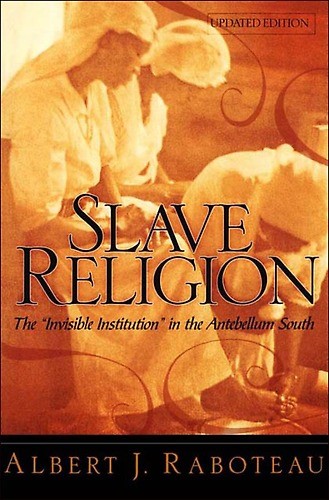


Pennington, Henry Highland Garnet, and Samuel Cornish emerged during the 19th century. An impressive group of African-American Presbyterian ministers such as John Gloucester, Theodore Wright, J. Throughout the late 18th century and into the early 19th century, Presbyterians welcomed Northern African Americans and encouraged them to participate fully in the government of the church, even serving as moderators of presbyteries. In the aftermath of the Nat Rebellion in 1831 in Southampton, Virginia, the state of North Carolina stripped Chavis of his privilege to teach and preach. 6 From that year until 1831, he served as a missionary-teacher among free African-American children and white children. In 1805, he returned to North Carolina, where he preached to audiences of both African Americans and whites. John Witherspoon, president of Princeton, personally directed Chavis’ studies.) From Princeton he went to Lexington, VA and attended Washington College in that city, and he then began his preaching ministry as an itinerant evangelist with the Hanover Presbytery in 1801. 5 He received his ministerial education at Princeton, but it is doubtful that he actually enrolled there. In 1801, Chavis was the first ordained African-American minister, and the first missionary commissioned by the General Assembly to work specifically among African-American slaves and free African Americans.

Revivalist preachers applied this preaching to European, Native American, and African alike. According to Jackson and others, revivalistic preaching emphasized human depravity and the need of the new birth. 3 For an example, he noted one revival under Presbyterian minister Samuel Davies that lasted from 1742-1758 in Hanover County, VA. Jackson included the Presbyterian church along with Methodist and Baptist churches. 2 Regarding the revivalistic “sects,” late historian Luther P.

The consensus among historians is that the First Great Awakening (1739-1770s) was the period that considerable numbers of African-born and American-born enslaved persons joined churches. In common with African-American experiences of other Christian traditions in America, African-American Presbyterian history began with slavery. 1 This humble work provides a brief sketched history of key events and persons within this African-American Presbyterian church tradition. Despite the small numbers of African-American Presbyterians relative to the overall numbers of African-American Christians, they must be considered an important population within the broader scope of the African-American church tradition, owing to their beginnings in slavery and their prophetic voices within the Church and American society. A careful reading of African-American church history reveals that African Americans have a long history in Presbyterianism.


 0 kommentar(er)
0 kommentar(er)
